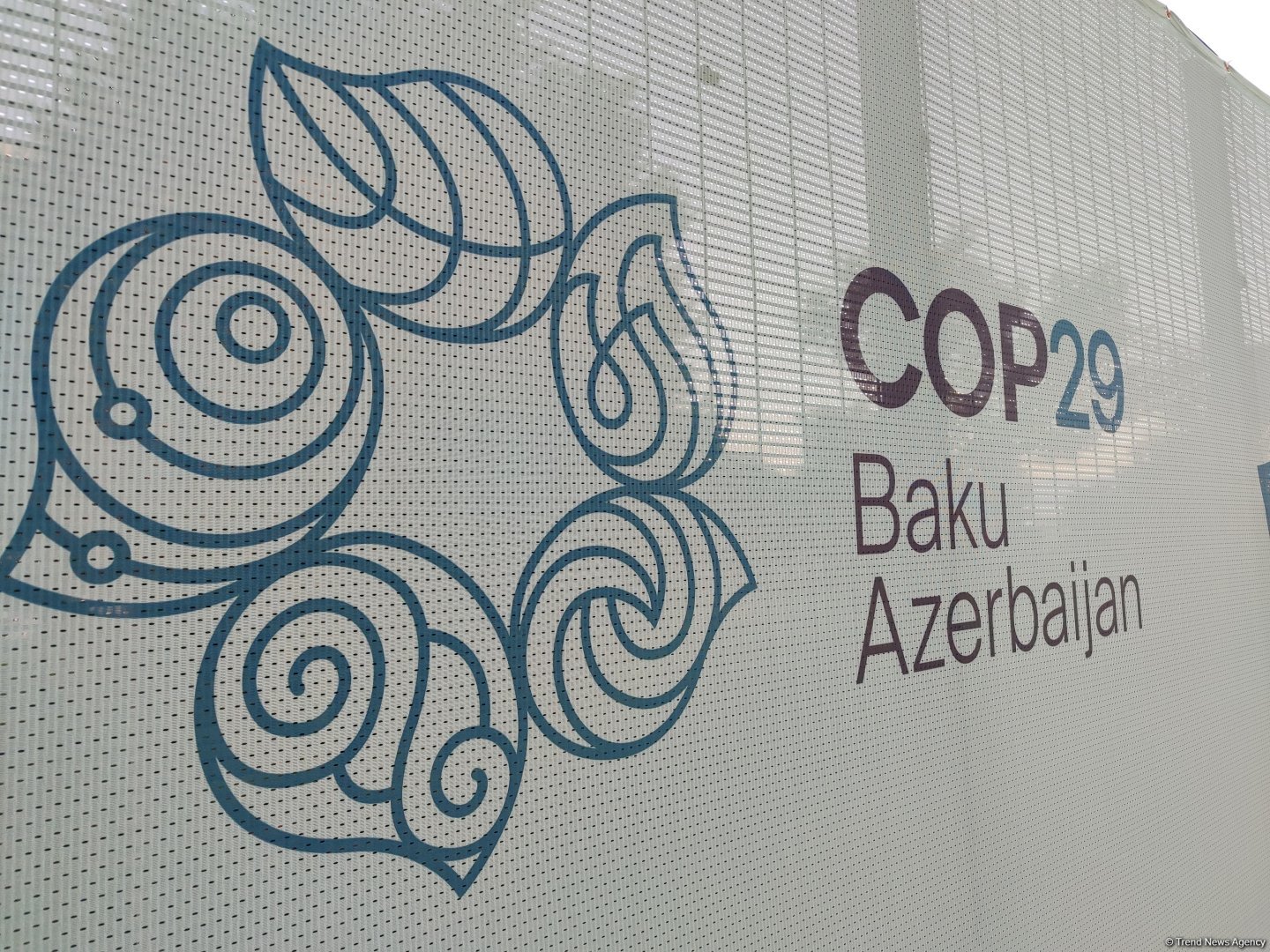BAKU, Azerbaijan, November 23. The 29th session of the UN Climate Change Conference of the Parties (COP29) in Baku will mark a new stage in the ecological and economic transformation of Azerbaijan. In light of the global shift toward green energy and sustainable development, this conference will be a significant step not only in addressing global climate challenges but also in terms of major changes at the social and economic levels within the country. The anticipated outcomes of COP29 will impact several key areas, offering long-term benefits for society, business, and the state.
Raising social responsibility and public awareness.
One of the most important social effects of holding COP29 in Azerbaijan will be a significant increase in environmental awareness and social responsibility among the population. Leading global experts, forum participants, and politicians will not only exchange experiences but also draw the public’s attention to issues such as global warming, climate change, and its consequences. This will lay the groundwork for forming a new environmental consciousness, which will serve as the basis for more responsible behavior among citizens and government bodies in the future.
Public organizations and governmental structures in countries like Germany and Sweden, where environmental initiatives at all levels have become an integral part of the social and educational process, provide a relevant example. These countries actively support environmental educational programs as well as campaigns aimed at reducing the carbon footprint at the level of individuals and organizations. In Azerbaijan, similar processes will develop alongside the hosting of COP29, helping to accelerate environmental education and create platforms for sustainable ecological behavior.
In this context, it's noteworthy that COP29 supported Azerbaijan's initiative to measure climate literacy through the Program for International Student Assessment (PISA). Under this agreement, Azerbaijan's Ministry of Science and Education has signed an agreement with the Organization for Economic Co-operation and Development (OECD).
The agreement envisages the development of a framework document and educational materials for the PISA 2029 study to assess climate literacy among students worldwide. Azerbaijan's proposal underscores the significance of incorporating climate knowledge into educational standards.
This step demonstrates COP29's positive impact on education as well as the environmental and energy agenda, laying the groundwork for a new generation that is aware of climate challenges and capable of finding sustainable solutions.
Strengthening the accountability of government bodies and the corporate sector
One of the key outcomes to expect from hosting COP29 in Azerbaijan is the strengthened role of government bodies and the corporate sector in environmental protection. Participation in global commitments to combat climate change will require Azerbaijan to update its environmental policies at all levels.
Increasing public actions and corporate initiatives in ecology
The growing interest in climate change, which will inevitably follow the COP29 conference, will lead to an increase in environmental actions and projects under corporate social responsibility initiatives. Azerbaijan, leveraging its role in COP29, will also be able to enhance cooperation with international partners to implement social and environmental initiatives.
In the upcoming years, we anticipate a significant increase in investments from the government and businesses towards projects that aim to improve the country's environmental situation. This may include initiatives for the modernization of urban infrastructure, the construction of 'green' buildings, and the renewal of transportation systems using environmentally friendly modes of transport.
Harmonizing the legislative framework and improving the environmental situation
One of the long-term goals of hosting COP29 is to harmonize Azerbaijan's legislative framework with international environmental and sustainable development standards. Developed countries such as Japan and the UK have already adopted laws requiring businesses to comply with strict environmental standards, conduct environmental impact assessments, and follow de-carbonization strategies. Following this example, Azerbaijan will be able to create an effective legislative environment to stimulate "green" technologies and sustainable development at all levels.
Furthermore, the country will be able to introduce effective mechanisms to combat climate change, including a system of carbon quotas and carbon taxes, which will serve as incentives for businesses to reduce greenhouse gas emissions. All of this will contribute to improving the overall environmental situation in the country.
Financial Support for Green Energy Projects
Azerbaijan expects COP29 to have a significant impact on the support and financing of green energy projects. By hosting a conference at this level, Azerbaijan will be able to accelerate the process of providing concessional loans and financial support for the implementation of 'green' projects.
Financial institutions are expected to begin offering more favorable financing conditions for entrepreneurs and citizens who wish to invest in renewable energy projects with state support. This will open up new opportunities for the development of 'green' businesses and a sustainable economy in the country.
Holding COP29 in Azerbaijan creates unique opportunities for the development of a green economy, the improvement of the environmental situation, and the stimulation of social responsibility. The transition to sustainable development will involve reforms across social, economic, and financial sectors, which will inevitably affect all participants in this process—from government bodies to ordinary citizens.







